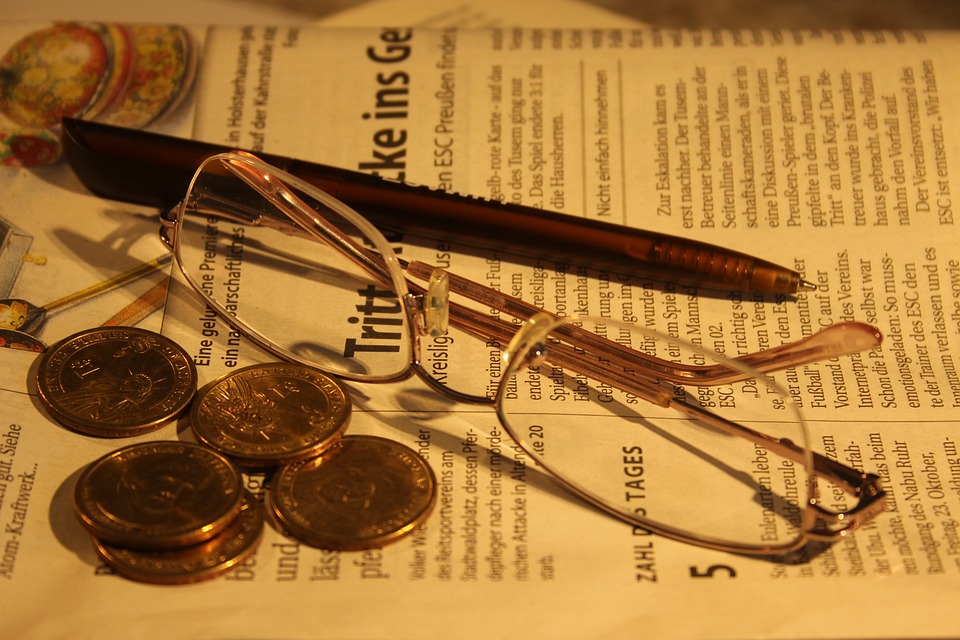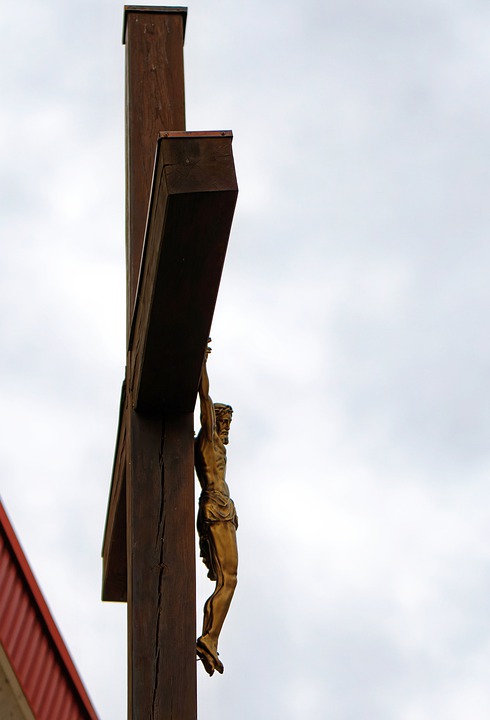[ad_1]
For those who have immersed themselves in the psychological study of creativity, there seems to be a philosophical challenge that comes with defining exactly what creativity is. In fact, the definition of creativity has been debated for years and to make matters worse, most agree there are various degrees of creativity and different types.
At least one famous creative mind researcher, Margaret A. Boden (author of “The Creative Mind; Myths and Mechanisms”) believes that creativity must be broken into two main categories. Indeed, Margaret is creative in her own right as she works to define creativity and show that all humans possess creativity and it is not necessarily something you are born with, in fact, she believes everyone is born with it. Thus, the development of creativity is what’s of interest.
Still, she breaks creativity into H-Creative and P-Creative. H-Creative is historically creative, and this would be someone who came up with a thought or concept that no one in the history of mankind has ever thought of, now that is definitely worthy of discussion. The second is Psychologically Creative, where someone borrows and idea from one industry or sector and applies it to another. This type of creativity in not so unique, but many innovations that have helped mankind are inducted in this fashion.
Next, she point out that those who have had creative ideas in the past are more likely to have them in the future and those of us that have them all the time, even daily are the best bet for coming up with a constant stream of new ideas and concepts, which may in fact be either P-Creative or H-Creative. I hope you will think on this.
[ad_2]
Source by Lance Winslow



